You keep hearing the word “otaku” being thrown around these days. You see it coming up on the internet and maybe even have heard it within your circle of friends.
You’re scratching your head, thinking, what exactly does that mean? You’re lucky because we’ll take you through all the basics today.
We’ll start with the overarching message. Otaku has become an umbrella term for those interested in Japanese culture, especially its art, but they can also focus on other aspects.
Many times they can be identified through parts of their outfits, or they might be outspoken about their interests, as this unique knowledge is a source of pride.
However, they are also misunderstood in many ways, and not everyone’s idea of an otaku is positive.
Whether you want to learn more about otaku culture, want to understand a loved one better, or want to come into this style yourself, look no further than here.
Different Types of Otakus
Otaku isn’t a one size fits all term. Two people with this style can look and behave entirely differently.
There are many categories otaku can fall into; we’ll discuss the most common today.
Here are nine types of otakus to consider if you wish to understand this term better or come into the style yourself.
1. Manga and Anime Otaku
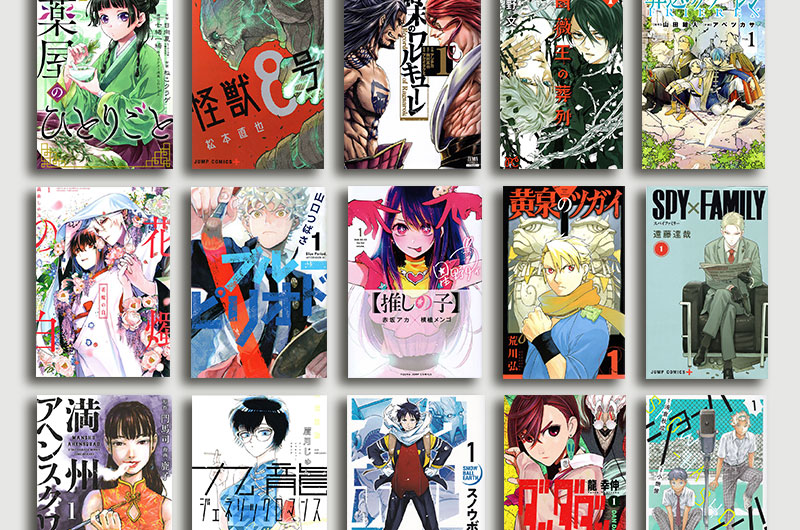
This is the first type that comes to mind for most people when they hear the term otaku. Some dabble across many animes, while others prefer a few. Some prefer a particular genre. Some practice the art of cosplay.
This is when a person dresses up to resemble their favorite anime characters. Many people have an online presence in cosplaying, and some have even made a living from their displays and tutorials.
In western countries, the otaku term usually refers to manga otaku that read Japanese comics and is fond of Japanese culture.
Japanese otaku is way more diverse as the terms otaku in the Japanese language designates anyone with obsessive interests, not only people who are into manga and anime.
2. Vocaloid
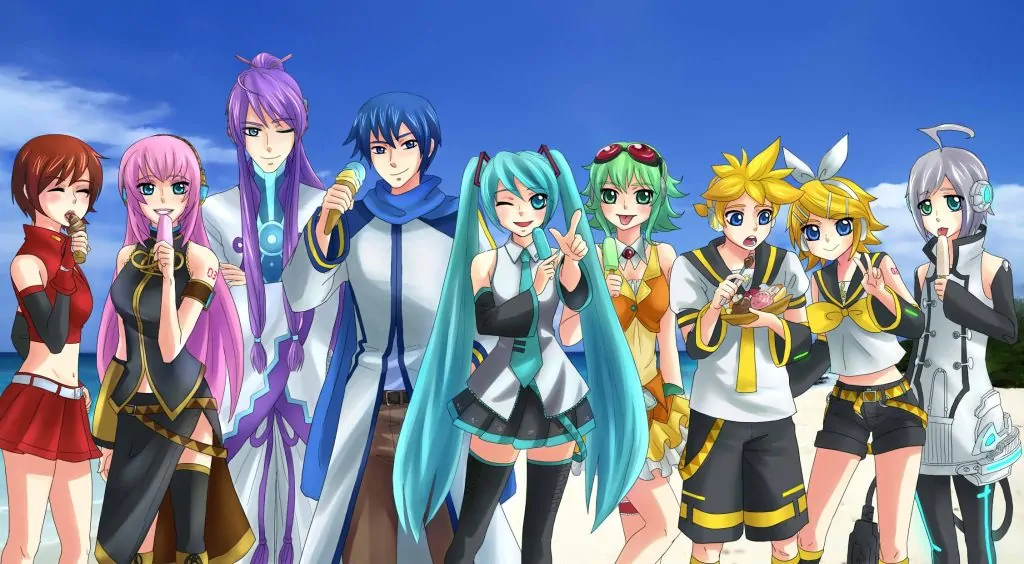
This is a relatively new art form. It’s not the easiest to explain, but it’s essentially a series of singers that have been digitally designed. They’re animated characters who each have their own distinct voices.
These characters have their songs just the way a real-life artist would and have even made appearances in concerts through holographic images.
3. Game

This describes people who create a world within Japanese video games. People in this community will create an online persona through a customized character.
This character will develop their backstory, hobbies, career, and interpersonal relationships. People reach out to each other through these personas and act in character.
Some people have in-story relationships or even marriages with people they’ve never met in real life.
4. History
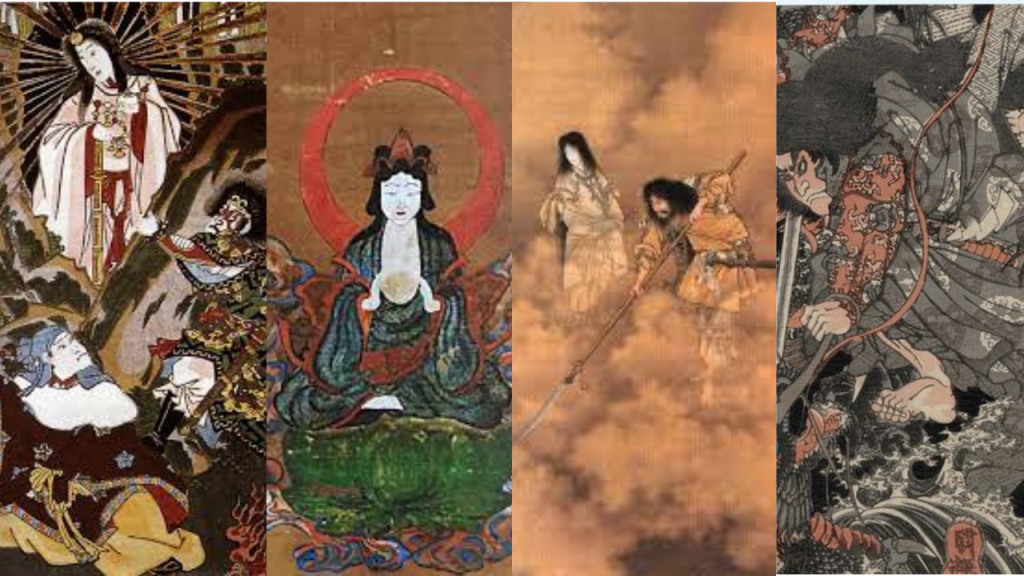
As the name suggests, this type of otaku has a deep passion for Japan’s history and sometimes some interest in Japanese Mythology. This might mean they want to know about different wars and political changes throughout the years.
They could be attached to particular historical figures, whether they find the person exciting or wish to emulate them.
5. Culture
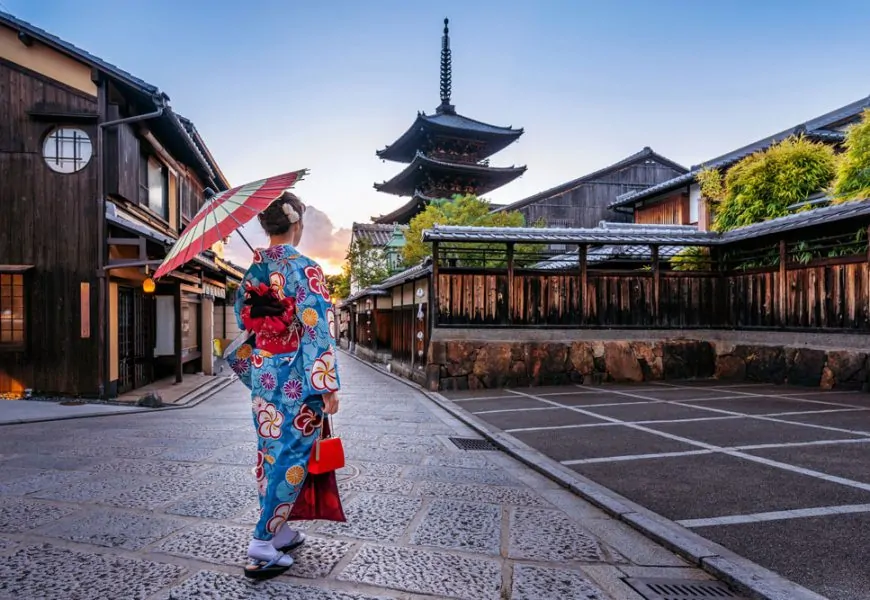
While many enjoy the artistic side of things, others are fascinated with Japanese culture. They might have an interest in learning how to cook Japanese food. Others put pieces of traditional clothing into their wardrobe.
Some even enjoy the culture so much that they take aspects of it into their own lifestyle. This could be essential customs, such as greetings or the practice of leaving your shoes outside the house.
Some even celebrate Japan-specific holidays.
6. Jpop
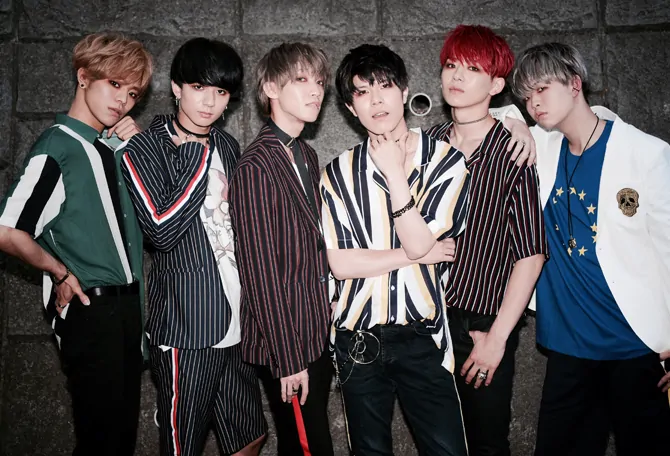
This means Japanese pop music. This type of music has risen rapidly over the last few years. People enjoy its upbeat and cheerful nature, lending itself well to dancing or exercising.
Music is also an excellent start if you want to learn a new language. Many Jpop Otakus gravitate to one artist in particular and go out of their way to know everything about them.
7. Train

Yes, a type of otaku centers around trains and train stations in Japan. And they’re prevalent at that!
This usually means they take and share photographs in or around trains such as the famous shinkansen, capturing moments between people or landmarks specific to Japan.
Like cosplayers, this can become a career avenue. This category can also be referred to as a railway otaku.
8. Figurine

This refers to people who have a particular interest in Japanese figurines. They will likely build up a substantial collection of them.
Usually, these figurines depict popular anime characters, but they can take other forms.
9. Pascocon-Ota/ PC

This is for those with a mind for technology, and intelligence of this type should be revered. Some get to the point where they can create their very own computer using different parts.
Often, this is in the interest of playing games, and they want to build a device that will support their data weight.
What Are Common Patterns?
There are varying levels of otaku, and neither is right or wrong. While some just want to consume the media, others like to take it further and incorporate it into their fashion choices.
That could come from wearing shirts that pay tribute to their interests.
Others might have accessories that make them feel closer to their favorite characters.
If you’re wondering how to express the style yourself, the answer is that there are no rules. How you dress and express yourself is a personal choice only you can make.
It’s okay to take inspiration from others while building a style unique to you.
Maybe you want your statements to be bold but worry about them being “too much.” The truth is that most people will get used to and accept just about anything over time.
Your accessories could even become conversation starters; you never know who might be like-minded.
If you want to be more discreet about your interests, that doesn’t make you less of a fan of the material. It just makes you a more private person.
You might opt for more subtle connections to things dear to your heart. For example, your favorite character has a hair color not found in nature, but you don’t want to commit to that yourself.
Instead, you can incorporate that color into your wardrobe more often.
Why Otaku?
There are many reasons one would embrace this aesthetic and lifestyle. For one, it gives a sense of self-expression and identity.
A person might have a tight connection to Japan and want to connect further. For others, it’s an escape method. Everyone has some way of shutting away the day at the end of it.
Real life can be disappointing, and it’s nice to have something comforting to turn to during those times.
Within the world of anime fans, there is relief from the anxiety that eats away at many. For example, anime often has a running theme of friendship and doing the right thing.
This is soothing for so many people because more people are lonely, and there is a collective fear about the changes happening in the world and people’s behavior.
It’s impossible to explain exactly why someone is drawn to something. Interests vary for each person. A person’s tastes always show in their personality.
Whether you enjoy sports, theater, science, or anything else, there will be specific indicators of this. It’s what you love, and you want to show it. In that way, it’s just as natural as any other style.
Should I Use the Word Otaku?
The question of whether you should use a word is a tricky one.
It’s a slippery and uncomfortable slope when you start designating words that people “can’t” use because that implies sanctions for speaking.
A better question might be, “in what places would the word be well-received?”
The truth is that sometimes it’s used as a derogatory term. Mostly though, people use the term to identify what they’re talking about. But these people also make their intentions known quickly with everything else they say.
Many otakus have taken the word and made it their own.
If you’re wondering whether to use the term with someone you know, go for the tried-and-true way – ask. If they’re comfortable with it, go ahead. If not, that’s one you should steer clear of if you don’t want to hurt the friendship.
I’m Interested in Otaku Subculture. How do I Start?
The best way to figure out how to take on a style is to draw inspiration from others. Search for the term on the internet and see how others have used it.
Also, consider your own interests, and start to expand them. You don’t need to watch subbed anime to be an otaku; the good news is you don’t need to be a guy to get into the otaku culture; there is also plenty of female otaku.
The most important thing to remember is to have fun with this, as there isn’t a right way to practice the style. It’s supposed to be something you enjoy, which will not happen if you make rigid rules.
Experiment with different looks and interests until you’ve found the right one. It’s then you’ll build your very own unique otaku style that complements YOU!
There is nothing you have to do to stay within the lines of otaku, and no interest you have outside it will revoke the title.

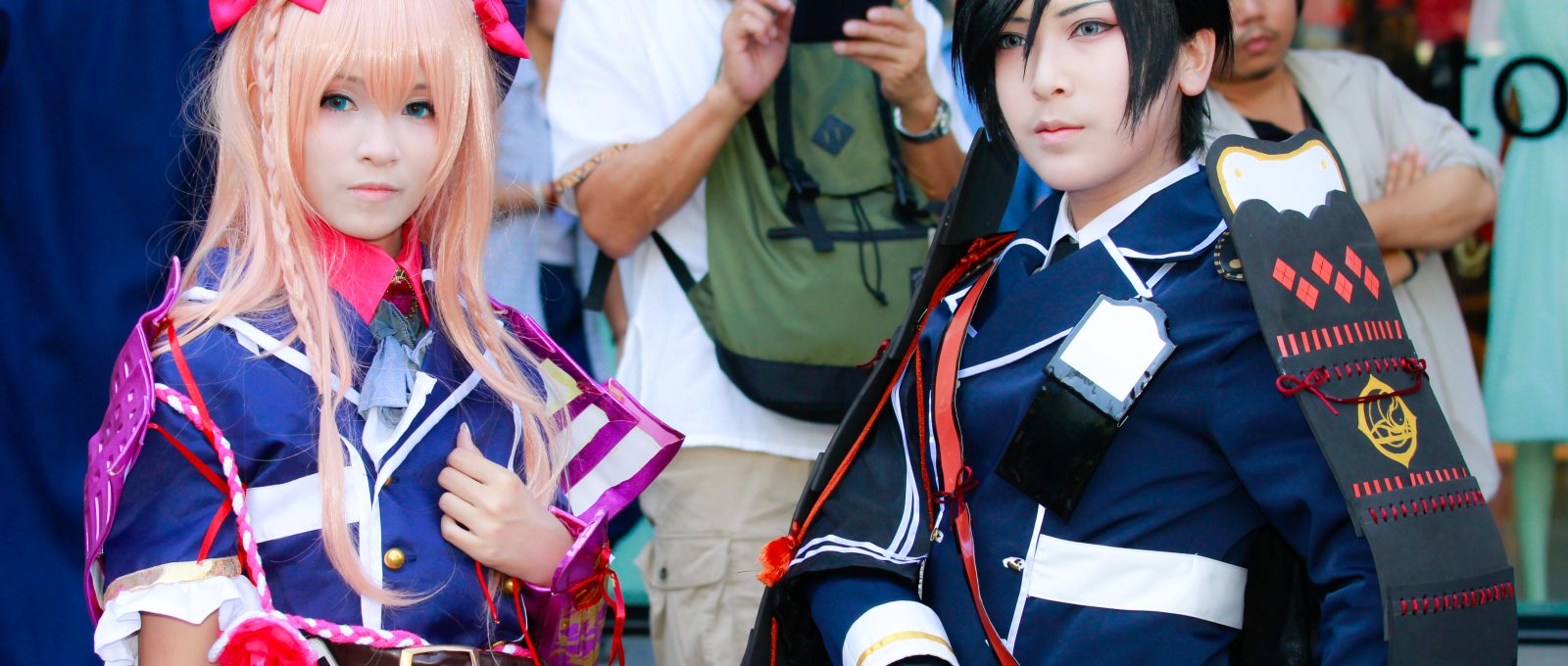
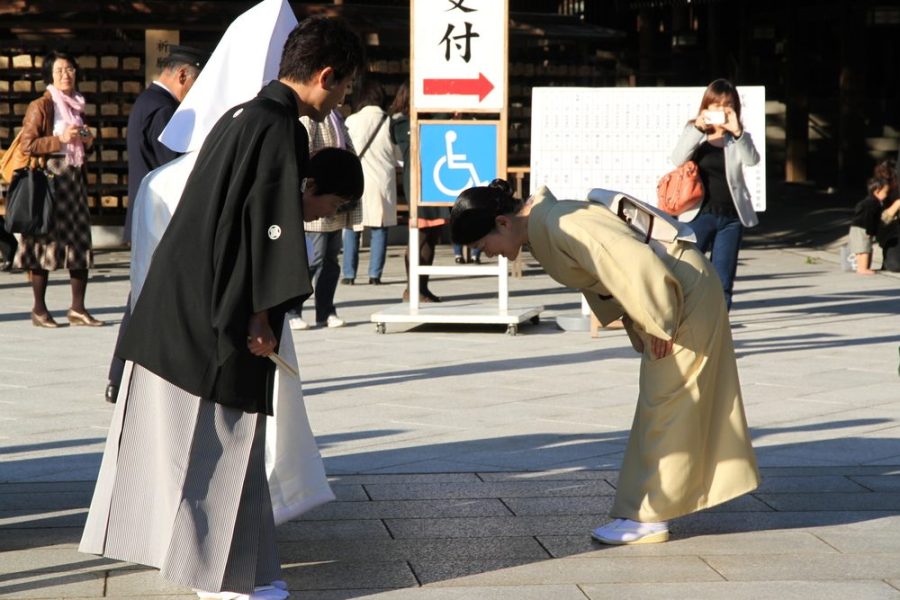


Leave a Comment